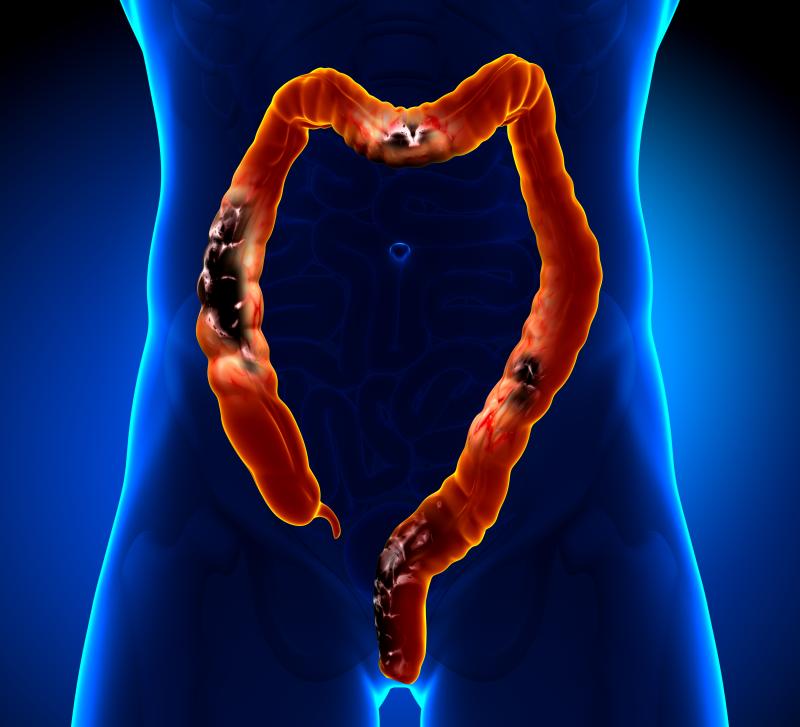
Older age and male sex are associated with a higher risk of developing early-onset colorectal cancer (CRC), whereas aspirin use exerts a protective effect, according to a study. Additionally, weight loss may be an early clinical presentation of CRC.
Researchers conducted a case–control study of veterans 18–49 years old who underwent colonoscopy examinations from 1999 through 2014. They obtained data on age, sex, race/ethnicity, body weight, body mass index (BMI), diabetes, smoking status and aspirin use.
The final analysis included 651 early-onset CRC patients and 67,416 controls who were free of CRC at their baseline colonoscopy through 3 years of follow up. The median age of the population was 45.3 years, and 82.3 percent were male.
Compared with controls, significantly more CRC patients were older, male, current smokers, nonaspirin users and had lower BMIs (p-all<0.05). In multivariate regression models, increasing age and male sex emerged as risk factors for early-onset CRC, while aspirin use and being overweight or obese (relative to normal BMI) had an inverse association with the risk.
Finally, in posthoc analyses, individuals who lost ≥5-kg in weight during the 5-year period preceding colonoscopy were at greater odds of having early-onset CRC (odds ratio, 2.23, 95 percent confidence interval, 1.76–2.83).
The present data, while providing new insights into risk factors for early-onset CRC, underscore a need for more intense efforts to identify the key drivers and clinical signs of the disease, according to the researchers.